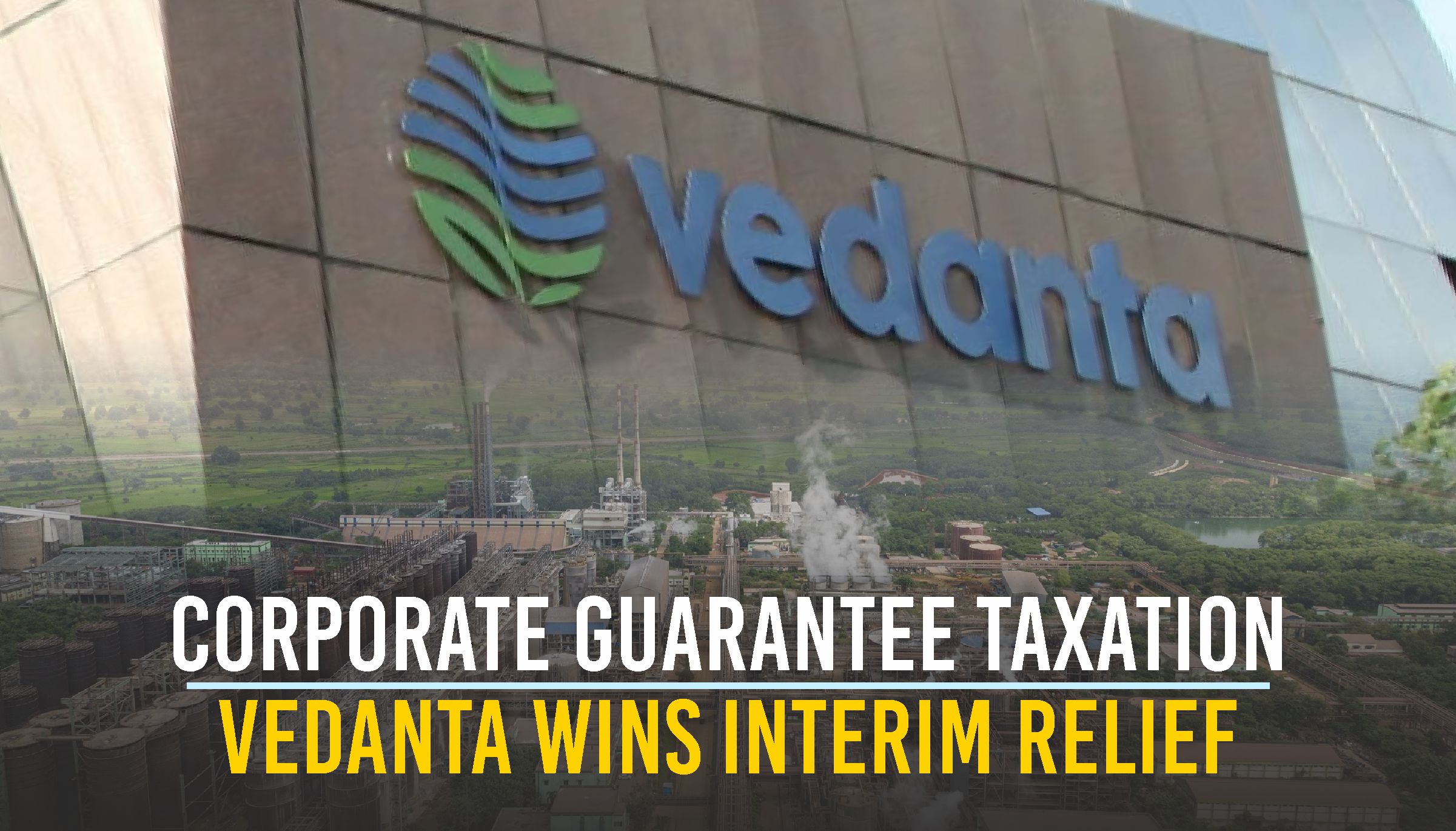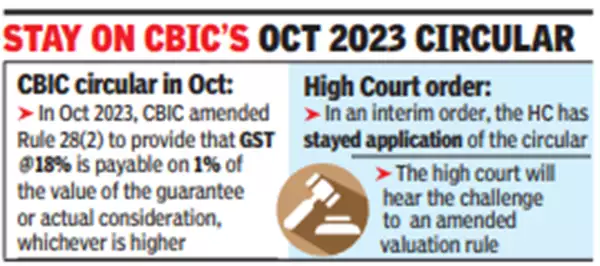GST on Corporate Guarantee – Another High Court Stay

The Bombay High Court has stayed a crucial GST circular that imposed taxes on corporate guarantees provided by holding companies to their subsidiaries. This decision comes amid growing legal battles on whether such guarantees qualify as a “supply” under the GST framework. The issue remains unresolved, with multiple High Courts granting stays on the controversial circular issued by the GST authorities.
What is a Corporate Guarantee?
A corporate guarantee is a commitment by a holding company to cover the liabilities or obligations of its subsidiary in case of default. This guarantee enhances the subsidiary’s creditworthiness, helping it secure loans or contracts. Such guarantees are typically issued without any monetary exchange, making their taxation under GST a subject of legal scrutiny.
GST Implications on Corporate Guarantees
Under the GST regime, any supply of goods or services made for consideration is taxable. The government argues that a corporate guarantee constitutes a “service” provided by the holding company to its subsidiary, thereby attracting GST. The October 27, 2023, circular stated that corporate guarantees should be taxed at 18% under GST, classifying them as a supply of service under Section 9 of the CGST Act.
However, companies have challenged this interpretation, contending that a corporate guarantee is merely an assurance and does not result in any direct commercial benefit to the provider. Businesses argue that this tax imposition leads to unnecessary financial burdens and hampers corporate structuring.
Chronology of the Issue
-
October 27, 2023: The GST department issued a circular stating that corporate guarantees qualify as a taxable service under GST.
-
Multiple Challenges: Several companies filed writ petitions in different High Courts challenging this stance.
-
December 2023 – February 2024: The Delhi, Telangana, and Punjab & Haryana High Courts stayed the operation of the circular, providing temporary relief to businesses.
-
February 2024: Vedanta Limited challenged the circular before the Bombay High Court.
-
March 2024: The Bombay High Court issued a stay on the circular’s applicability concerning corporate guarantees.

GST on Corporate Guarantee: High Court Stays Circular
The Vedanta Case: A Landmark Legal Battle
Vedanta Limited filed a writ petition against the Union of India, contesting the taxability of corporate guarantees under the CGST Act. The company sought a declaration that such guarantees should not be considered a supply of service, thereby making them non-taxable under GST.
Vedanta’s Stand: The company argued that a corporate guarantee does not involve consideration, making it ineligible for GST taxation. It also contended that the October 2023 circular was unconstitutional, violating Articles 14, 19(1)(g), 246A, 265, and 300A of the Indian Constitution.
Government’s Response: The GST department maintained that corporate guarantees provide a clear financial benefit to the subsidiary, making them taxable under Section 9 of the CGST Act.
Court’s Interim Relief
The Bombay High Court recorded that multiple High Courts had already stayed the enforcement of the circular. Recognizing the far-reaching impact of this issue, the court granted temporary relief to Vedanta and stayed the circular’s effect on corporate guarantees until further orders. However, the case remains pending, and further legal arguments will determine its final outcome.
Why This Issue Matters
The taxation of corporate guarantees under GST is a significant issue affecting major corporations. If such guarantees are taxed, businesses could face a substantial financial burden, discouraging holding companies from providing financial assurances to subsidiaries. The ongoing legal battle underscores the need for clear guidelines and a definitive resolution from either the Supreme Court or the GST Council.
The business community now awaits a final verdict that will shape the future taxation of corporate guarantees in India. Until then, companies must navigate this legal uncertainty while ensuring compliance with existing tax norms.
